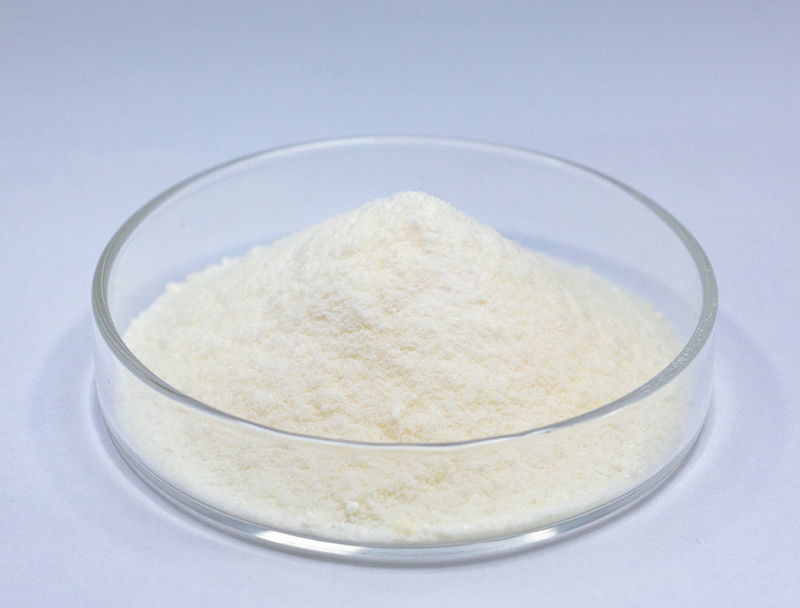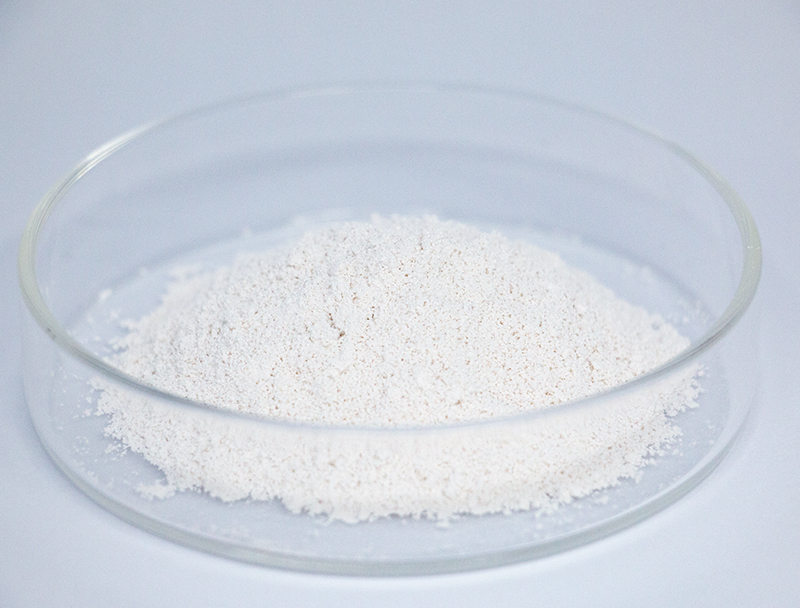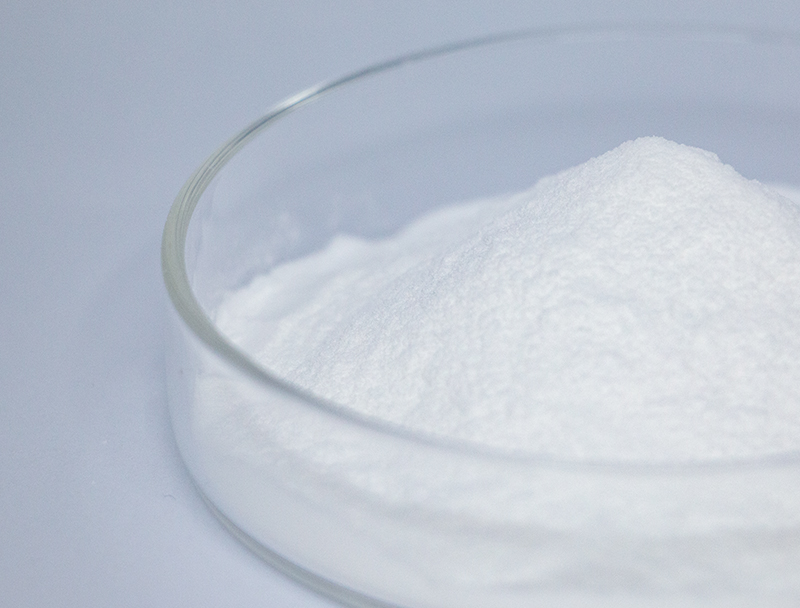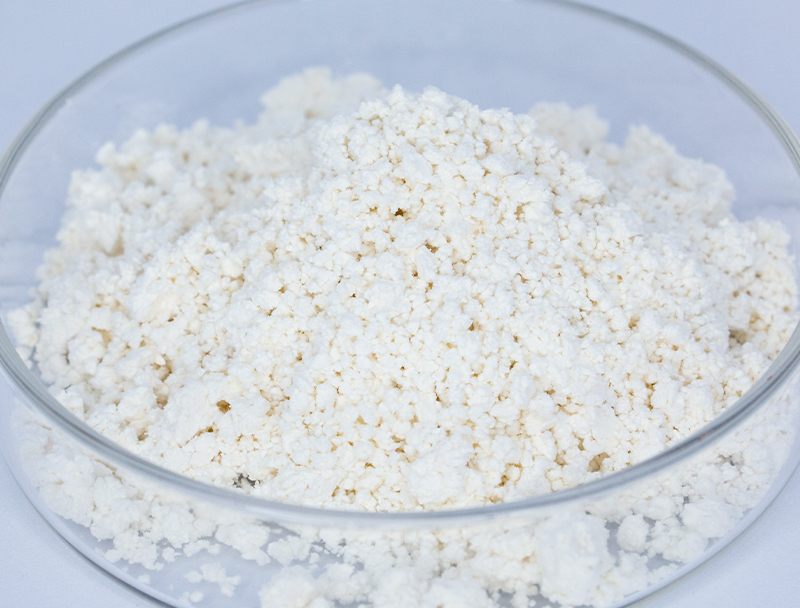
Modern biofabrication is grounded in a broad palette of substrates for fabricating next-generation bio-products.
Ensuring environmentally mindful sourcing underpins enduring viability and ethical market growth.
numerous problems stemming from established sourcing methods such as soil erosion and unchecked resource extraction. Therefore, producers should prioritize ethical sourcing models to curtail ecological damage.
- Situations demonstrating ethical sourcing encompass:
- Adopting organic-origin materials from crop remnants
- Installing reclamation workflows to diminish waste and heighten recovery
- Building relationships with nearby vendors dedicated to moral sourcing
Adopting sustainable feedstock strategies yields environmental wins alongside fiscal sustainability.
Refining Biomass Sources to Enhance Fuel Conversion
Enhancing biofuel output is grounded in superior feedstock characteristics. Experts maintain efforts to discover ways to maximize feedstock value, creating higher productivity and an eco-friendlier fuel landscape. Strategies feature genetic optimization to raise biomass yield plus pretreatment to depolymerize plant polymers into sugars.
- Furthermore, teams search for alternative biomass sources including algal strains, industrial wastes, and crop leftovers to broaden sustainable feedstock options for fuels.
- Via sustained research the industry stands ready to accomplish considerable improvements that enable a greener energy transition.

Optimizing Early-Stage Biomanufacturing Processes
includes primary operations from inoculation through cell collection Recent developments in this field have resulted in optimized workflows that raise overall output.
Key advancements include the utilization of novel cell lines, optimized culture media formulations, and intelligent bioreactor designs. These changes expand productivity and help reduce both financial and environmental overhead.
- Additionally, a shift to integrated continuous operations is providing enhanced flexibility and responsiveness in production.
- Implementing cutting-edge manufacturing technologies will probably redefine workflows and accelerate innovation.

Innovations in Gene Editing for Improved Biopharmaceutical Yield
breakthroughs in precise gene modification systems have reshaped biopharma production. With exact genomic alterations, researchers improve host productivity for therapeutic manufacture. This capability can unlock development of cost-efficient, high-performance biologics for many conditions.
Microbial Biotechnology as a Sustainable Cleanup Strategy
state-of-the-art biological cleanup solutions using targeted microbial actions. Selected microbial cultures can remediate contaminants through biodegradation pathways.. Applying microbial remediation systems creates low-impact cleanup options that address contamination efficiently.. Analysts explore microbial consortia for targeted removal of metal toxins, pesticide residues, and petroleum contaminants.. These microbes operate in engineered systems or direct environmental applications to metabolize and remove contaminants.
Microbe-based remediation provides compelling advantages over standard remediation methods. These methods are economical and eco-conscious while reducing hazardous secondary waste. Furthermore, microbial solutions are highly specific, allowing for the remediation of particular pollutants without disrupting the broader ecosystem. Research efforts persist to upgrade the potency and implementation of microbial remediation strategies.
Computational Biology in Drug Discovery
Bioinformatic tools play an increasingly crucial role in the modern landscape of drug discovery and development. From predictive screening to lead refinement, computational biology underpins more efficient drug pipelines.
- By interrogating large-scale omics and clinical information, scientists find new targets and predict candidate efficacy.
- Furthermore, computational modeling of drug–target interactions aids rational design of higher-performing therapeutics.
- In summary, bioinformatics overhauls pharmaceutical R&D and quickens the path to safe therapeutics for patients.
Cell Factory Optimization for Higher Bioproduct Output
integrates multiple methods to augment cellular production of target bioproducts. Options include metabolic rerouting via gene edits, expression tuning through regulatory control, and incorporation of foreign enzymes to expand function.. By refining pathway flux and regulation engineers can significantly raise bioproduct production.
The multifaceted strategy promises to reshape sectors like biotech, agritech, and renewable fuel industries.

Barriers and Benefits When Expanding Biopharmaceutical Manufacturing
Scaling up biopharmaceutical production presents both significant challenges and exciting opportunities. Preserving batch-to-batch quality when scaling up is a key challenge. This requires robust process control, precise monitoring, and sophisticated analytical techniques.

Complexity in multi-step biomanufacturing operations presents ongoing operational challenges.. Transforming bench processes into industrial practice requires sustained research and engineering innovation. Nonetheless, the advantages can be major. Skilled scaling can enlarge supply, lower prices, and increase profit potential.
A range of strategies is being implemented to address scaling problems. These include the development of new technologies for process optimization, advanced analytics for real-time monitoring and control, and innovative manufacturing strategies.
- Ongoing innovation drives improvements in industrial production capability.
- Regulatory frameworks are being optimized to accommodate novel production technologies and promote innovation.
Exploring Approval Frameworks for Biopharmaceutical Safety and Effectiveness
The development of biopharmaceuticals is a complex process that requires stringent regulatory oversight to ensure both patient safety and product efficacy. Biologic therapeutics bring unique regulatory and manufacturing demands unlike traditional pharmaceuticals.
Bodies like FDA and EMA shape the regulatory landscape and set benchmarks for evaluating innovative therapies..
Rigorous testing protocols are mandatory throughout the development lifecycle, from pre-clinical research to post-market surveillance.. Those requirements help reveal risks and confirm that biologics satisfy stringent safety criteria..
Likewise, authorities progressively modify regulatory tactics to follow the speed of innovation in biopharma.. Programs embrace modern technologies and foster development speed while maintaining patient-centered safeguards.

Plant-Based Biomass Options for Bioplastic Manufacturing
Increasing interest in sustainable materials spurs innovation in renewable resource development. Plant-based bioplastics made from biomass feedstocks present a hopeful path to reduced plastic impact. Materials such as starch from corn, cellulose pulp, and sugarcane biomass are convertible into biodegradable polymers that lower plastic waste concerns.
Furthermore, these bioplastics often possess comparable properties to their petroleum-based counterparts, making them suitable for a wide range of applications.. Further innovation is required to mature plant-based bioplastics for broad adoption and circular economic models.
Biotech Innovations Addressing Health and Food Challenges
Biotechnology offers potent solutions for advancing public health and enhancing food security. Through advancements in genetic engineering, Calcium 2-oxoglutarate synthetic biology, and cell therapies, biotechnologists are developing innovative solutions to combat infectious diseases, improve crop yields, and enhance nutritional value.. To illustrate, modified plants designed for pest resilience and environmental tolerance can raise outputs and reduce pesticide application.. Similarly, biotech contributes advanced vaccines, antimicrobial strategies, and diagnostic techniques crucial for infectious disease management and health advancement.. As research progresses, biotechnology holds immense promise for creating a healthier and more sustainable future for all.
